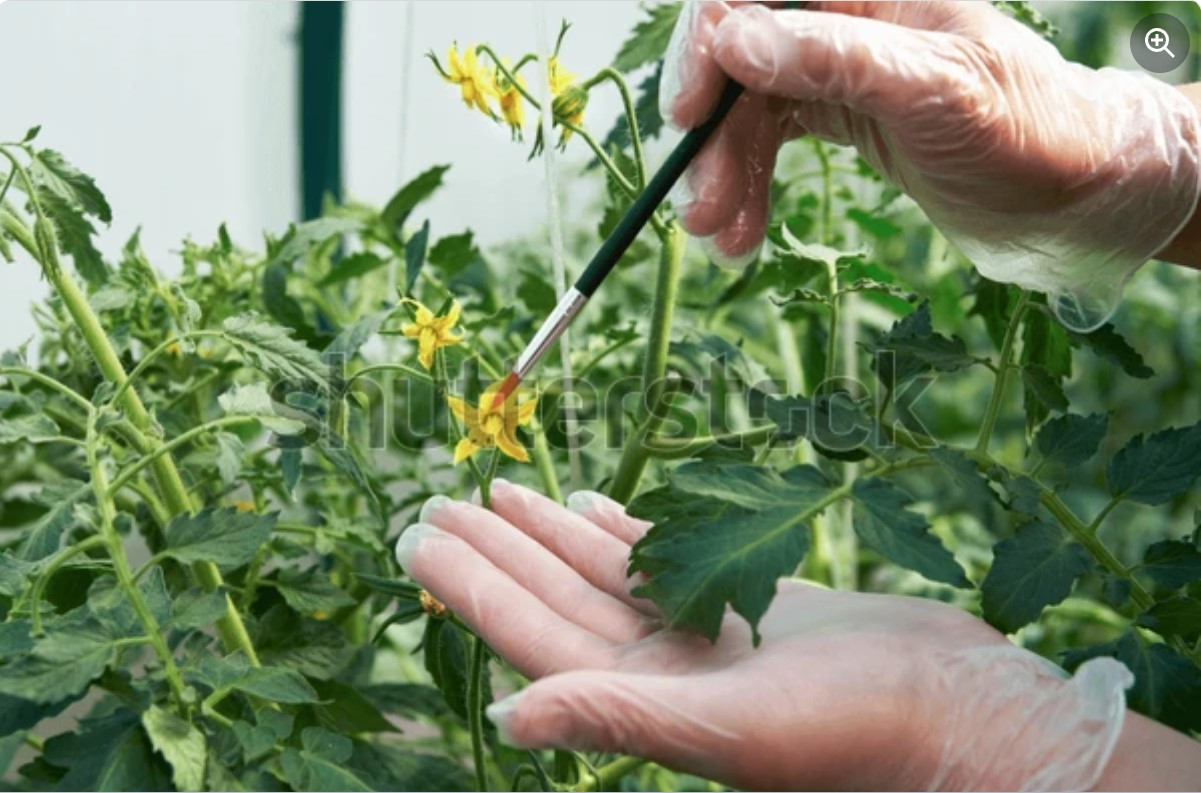
This module provides a foundation in the science and practice of plant breeding and biotechnology. Students will explore how genetic variation is created, assessed, and utilized to develop improved plant varieties. The course covers classical breeding methods such as selection, hybridization, and population improvement, as well as modern biotechnological tools including tissue culture, molecular markers, genetic engineering, and genomic selection. Emphasis is placed on real-world applications in food security, climate resilience, disease resistance, and sustainable agriculture. Laboratory sessions and practicals help students gain hands-on skills in basic breeding techniques and biotechnology processes.
- Teacher: Erastus DUSHIMEYESU
